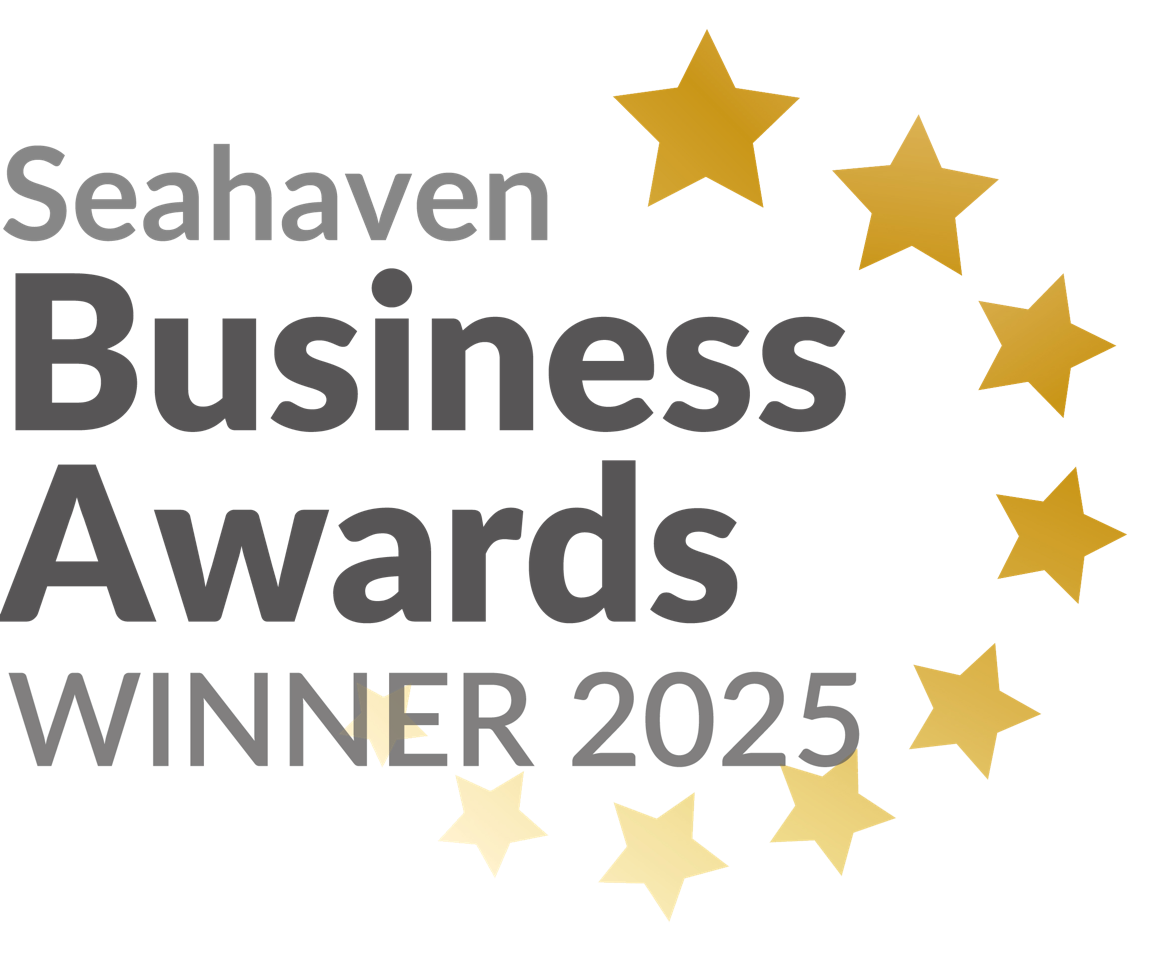Frequently asked questions that people ask accountants:
What records should I keep for my business?
Keeping accurate records is crucial for tax purposes and financial management. Accountants can guide you on what documents to retain, such as receipts, invoices, bank statements, and payroll records.
What business expenses can I deduct?
Understanding deductible expenses can help reduce your taxable income. Common deductions include office supplies, travel expenses, and certain utilities.
What does an accountant need from me each year?
You will need to provide details of all the income you receive and all business expenses, business bank statements (which is recommended).
When do I have to file my Self-Assessment?
For the tax year ending on 5 April 2024, the deadlines are:
Paper returns: 31 October 2024
Online returns: 31 January 2025
Difference between P45 and P60
P45: Issued when you leave a job, showing how much tax you’ve paid so far in the tax year.
P60: Issued at the end of the tax year, summarizing your total pay and tax deductions for the year.
What are the Personal Income Rates?
For the 2024/25 tax year in the UK:
Personal Allowance: £12,570 (tax-free)
Basic Rate: 20% on income from £12,571 to £50,270
Higher Rate: 40% on income from £50,271 to £125,140
Additional Rate: 45% on income over £125,140
Difference between Sole Trader and Limited Company
Sole Trader:
You and your business are legally the same entity. This means you have full control and keep all the profits, but you are also personally liable for any debts. It’s simpler to set up and has less administrative burden.
Limited Company:
This is a separate legal entity from its owners. Your personal assets are protected, and you may benefit from tax efficiencies, such as paying yourself dividends. However, it involves more paperwork and regulatory requirements.
Which is better? It depends on your specific circumstances, such as your income level, the risk you are willing to take, and how much administrative work you can handle.
Generally, sole traders are better for smaller, lower-risk businesses, while limited companies are more suitable for larger operations or those seeking investment.
What is Corporation Tax?
Corporation Tax is a tax that companies and other legal entities pay on their profits. In the UK, the rate of Corporation Tax depends on the amount of profit a company makes. For the 2024/25 tax year, the main rate is 25% for profits over £250,000, and a small profits rate of 19% for profits under £50,000.
What are dividends and when can I take them?
Dividends are payments made to shareholders from a company’s profits. You can take dividends at any time, provided the company has enough retained profits to cover them.
When do I need to register for VAT?
Understanding the VAT registration threshold and the process is essential for compliance. As of 2024, the threshold is £90,000.
How can you help me grow my business?
Accountants can offer strategic advice on financial planning, budgeting, and investment opportunities to support business growth.
What changes could I make that would help my business?
A review of your pricing and business costs can identify areas for improvement in your financial practices to enhance efficiency and profitability.
How can I manage my cash flow better?
Effective cash flow management is critical for business stability. Using Xero accounting software can help you forecast cash flow and manage receivables and payables with the help of your accountant.
What are the key financial statements I should be reviewing regularly?
Regularly reviewing financial statements like the balance sheet, income statement, and cash flow statement helps you stay informed about your business’s financial health.
If you have any specific questions or need further details on any of these topics, feel free to ask!
What records should I keep for my business?
Keeping accurate records is crucial for tax purposes and financial management. Accountants can guide you on what documents to retain, such as receipts, invoices, bank statements, and payroll records.
How long do I need to keep my accounting records?
the general rule for keeping accounting records is to retain them for at least six years from the end of the last company financial year they relate to
1. This includes records such as invoices, receipts, and bank statements.
However, there are some exceptions:
- If you have bought or sold assets, you should keep records for ten years after the tax year in which you disposed of the asset.
- If your business is involved in a tax dispute, you should keep records until the dispute is resolved, even if this extends beyond the six-year period.
It’s also a good idea to check with an accountant or financial advisor to ensure you’re meeting all legal requirements and best practices for your specific situation.
Do the records that I keep need to be paper records?
No, you do not have to keep your accounting records as paper records. You can keep them digitally or as part of a software program,such as Xero, as long as they are accurate, complete, and readable.
This flexibility allows you to choose the method that works best for your business, whether that’s traditional paper records, digital files, or a combination of both.
Xero implementation
Increase your efficiency and streamline your accounting by using the Xero app. This popular cloud-based accounting programme allows you to manage your finances from anywhere.

Systems reviews and training
Tap into our expertise to review your current financial systems. Ensure the systems you use are relevant, efficient and up-to-date. We help businesses be more efficient and train teams.

New Business set up
When starting out on your business journey an accountant can work with you to create accurate financial forecasts for revenue, expenses and cash flow.



